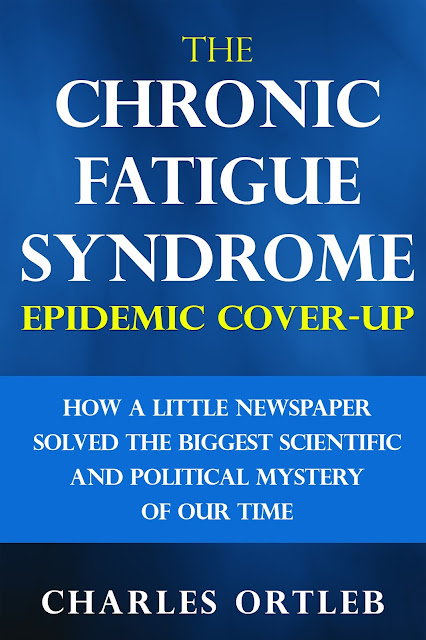Relation between psychoneuroendocrine profile in stressful conditions and antibodies to herpesvirus 6 and 7
http://www.ncbi.nlm.nih.gov/pubmed/19036226
Abstract
The aim of the
present study is to evaluate whether the individual susceptibility to
infectious disease is influenced by the psychological profile of cadets
exposed to stressful events associated with military lifestyle in
academy and if the neuroendocrine responses to stressful events is
related with humoral immunity estimated by measuring antibody titres to
human herpesvirus (HHV-6)7 (HHV-7) and to what extent it is influenced
by personality traits. It has been observed that cadets with lower
psychoaptitude scores (1-2) have a significant higher susceptibility to
infectious disease (x2=7.95; p=0.019) compared to subjects with higher
scores. A positive relationship between cortisol and antibody titers to
HHV-6 (r=0.304; p=0.024) it has been found. It can be interesting to
observe that antibody titers on HHV-6 are also related to psychoaptitude
profile (r=0.239; p=0.044). The antibody titers to HHV-7 are negatively
related to the 5 scales of BFQ and in particular with subdimension Co
(cordiality) of BFQ (r=0.401; p=0.002). The survey carried out on over
1,500 cadets of the Military Academy of Modena shows that the
susceptibility to infectious diseases during the first six months of
admission to the Academy seem to be influenced by the psychoaptitudinal
profile. The finding of a positive relationship between serum cortisol
and antibody vs HHV-6 suggests that the impairment of the immune system
linked to circulatory cortisol levels may induce a reactivation of a
latent herpesvirus 6 with related increase of antibody titers.














